The Roman Art of War: 35 Critical Suggestions of Vegetius
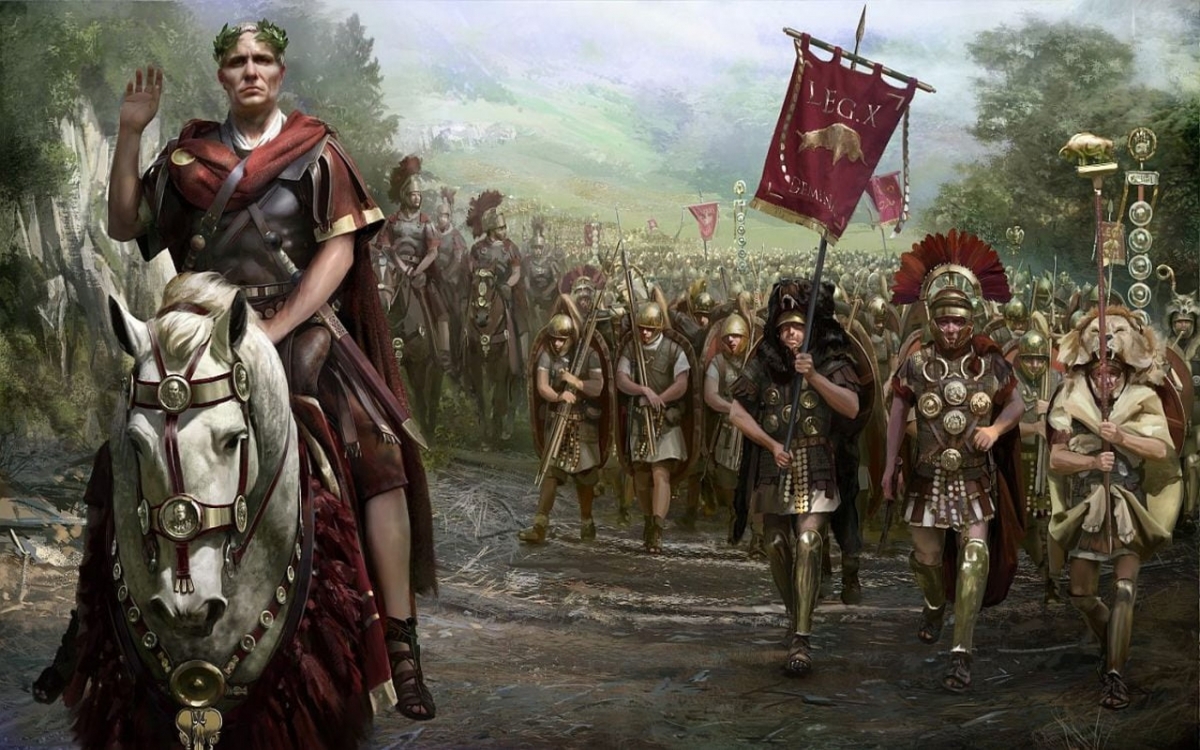
Publius Flavius Vegetius Renatus was an important historian and theorist who shaped the military strategies and tactics of the Roman Empire.
Written in 378 after the heavy defeat at the Battle of Hadrianapolis, his work "De Re Militari" (The Art of War) contains critical recommendations on the art of Roman warfare. Here is a detailed analysis of the 35 points in this work.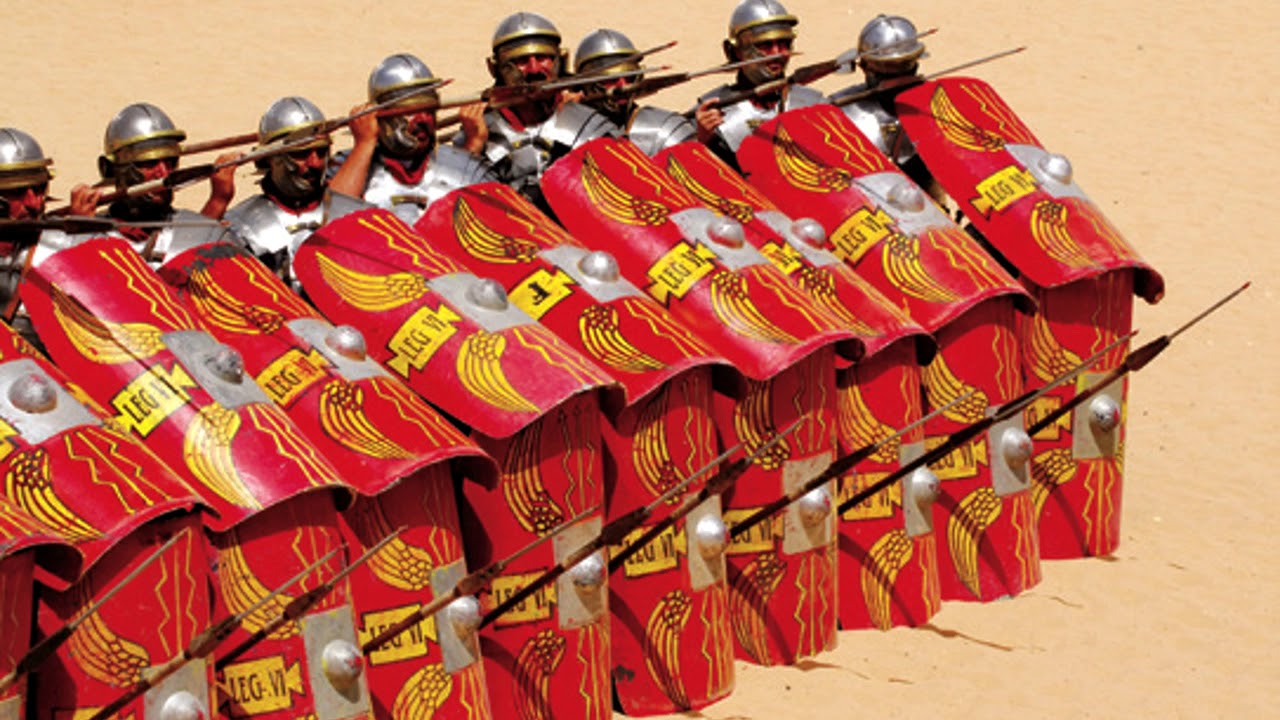
Vegetius' Advice on the Art of War Military Training and Discipline:
The foundation of Rome's power was its disciplined and well-trained armies. Deviation from discipline made defeat inevitable.
Harsh Punishments for Idleness: Soldiers should not be given permanent leave, idleness should be severely punished.
Recruit Selection: Recruits should be selected from temperate regions and provinces accustomed to hardship.
Physical and Character Traits: Soldiers should be sharp-eyed, straight-necked and strong. It is also important that they have good character.
Age Criteria: Soldiers should be selected from among young men who have reached puberty. Height Standards: Soldiers should be between 1.72-1.77 meters tall.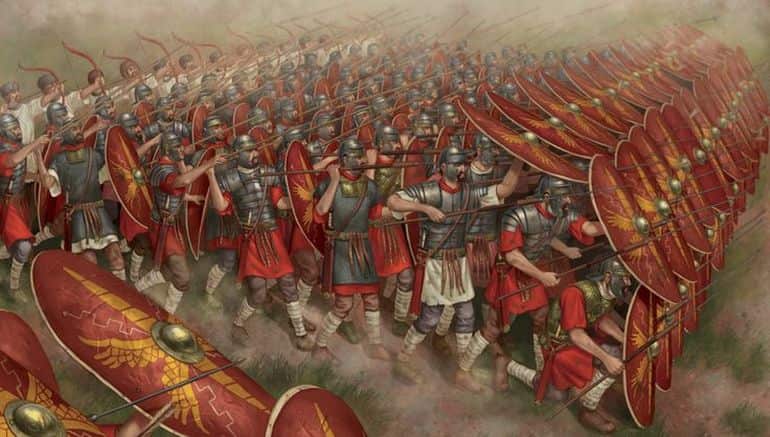
Approach to Professional Groups: Some professions such as fishermen and pastry makers should be kept away from the army, while professions such as bricklayers and hunters should be preferred.
Recruitment of Soldiers in Times of Peace: It is emphasized that recruitment should not be neglected during long periods of peace.
Hiking Training: Soldiers must be able to march 20 miles during the summer months.
Swimming Skills: It is important for recruits to acquire swimming skills. Training Weights: Train with heavier wooden rapiers instead of swords.
Fear of Weapons: Fear of weapons, not expensive clothing, has the greatest effect on the enemy.
Archery Training: Some of the skilled recruits should be trained in archery.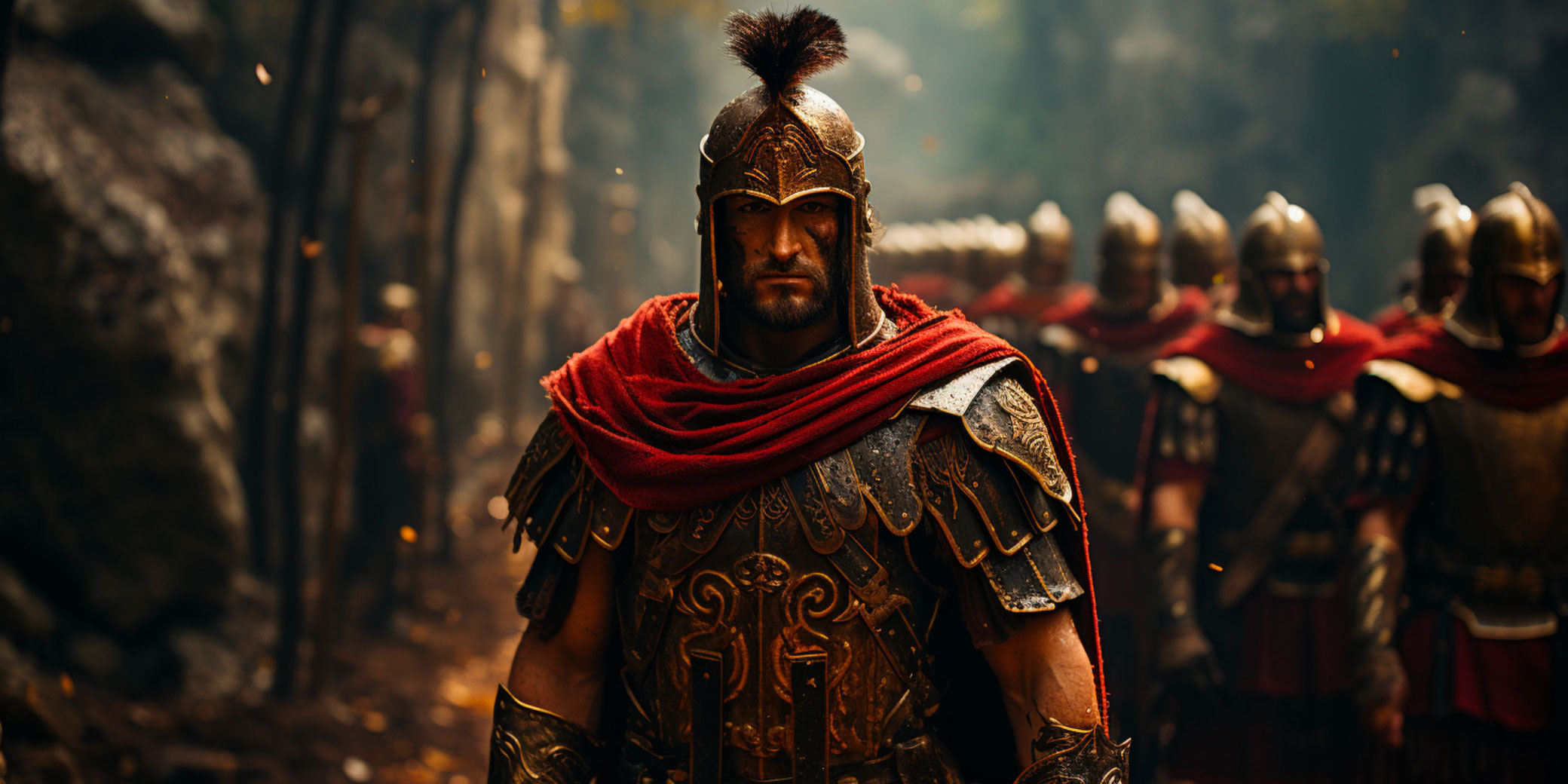
Load Carrying: Soldiers must be trained to carry a load of approximately 20 kg. Infantry
Equipment Against Cavalry: Infantry must be well equipped against cavalry such as Huns, Alans and Goths.
Spear Throwing Technique: It is stated that the left foot should be in front when throwing a spear.
Encampment Rules: The encampment must be built in a strategic and secure location.
Order of Battle: It is essential that well-trained soldiers maintain the order of battle.
Field Exercises: Soldiers should regularly conduct field exercises.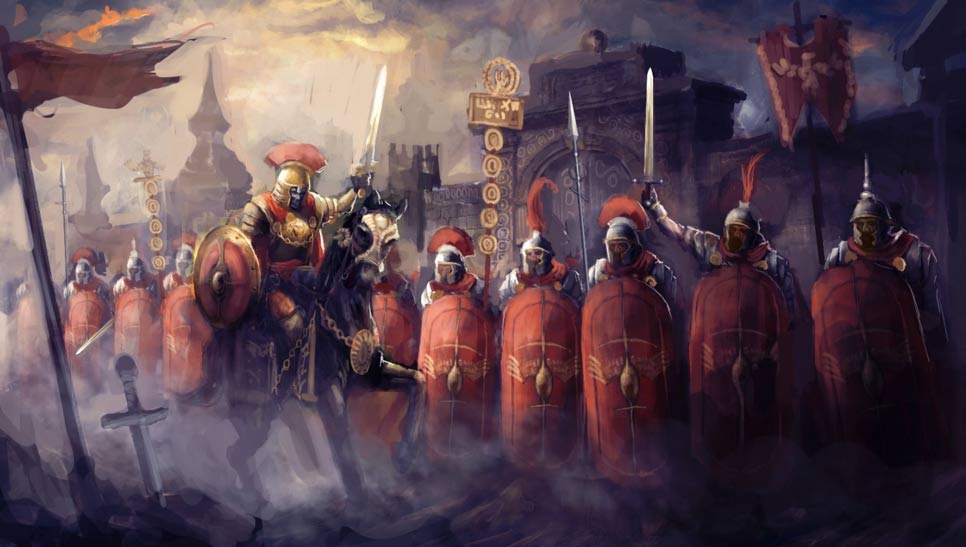
The Importance of Infantry: The infantry is the most essential military unit for the state.
Control of Auxiliary Troops: The number of auxiliary troops must not exceed the number of the main Roman army.
Merit and Unprivilege: A merit-based approach should be adopted among soldiers.
Selection of Praefectus: These commanders should be experts in military matters.
Weapon Maintenance: The gleam of weapons strikes fear into the enemy.
Diversity in Training: Physical strength should be sought, as well as writing and math skills.
Salary Management: Soldiers must leave part of their pay in legion sacks.
Signals of War: Soldiers should react automatically to the sound of trumpets and bugles.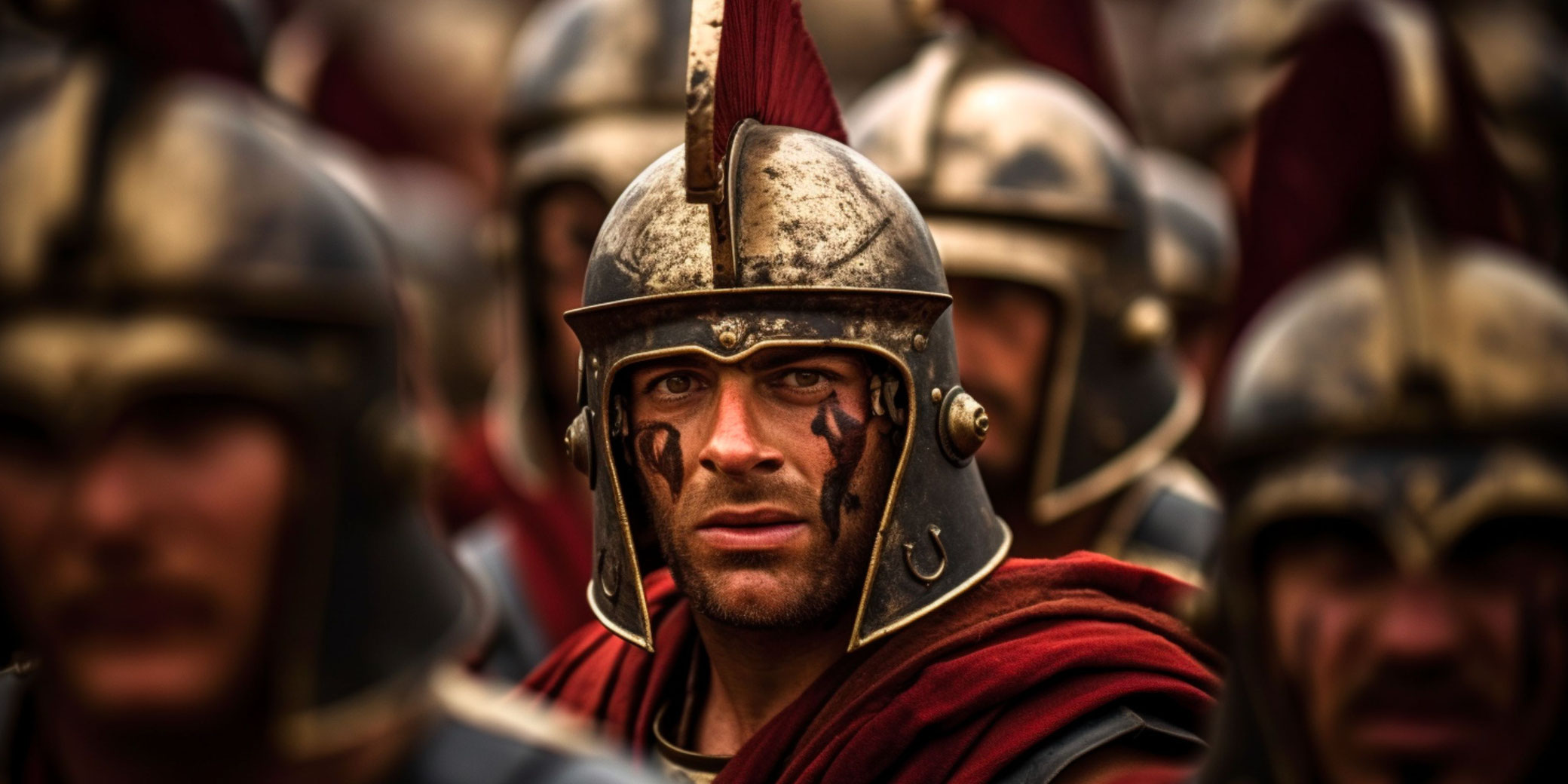
Disadvantages of Large Armies: Crowded armies can be defeated by their own sheer numbers.
Geographical and Climatic Factors: Soldiers should be positioned according to geographical and climatic factors.
Supply Management: The greatest weapon in campaigns is adequate supplies and enemy hunger.
Security and Passwords: Passwords should be changed every day for army security.
Surprise Attacks: Striking the enemy where they least expect it provides a strategic advantage.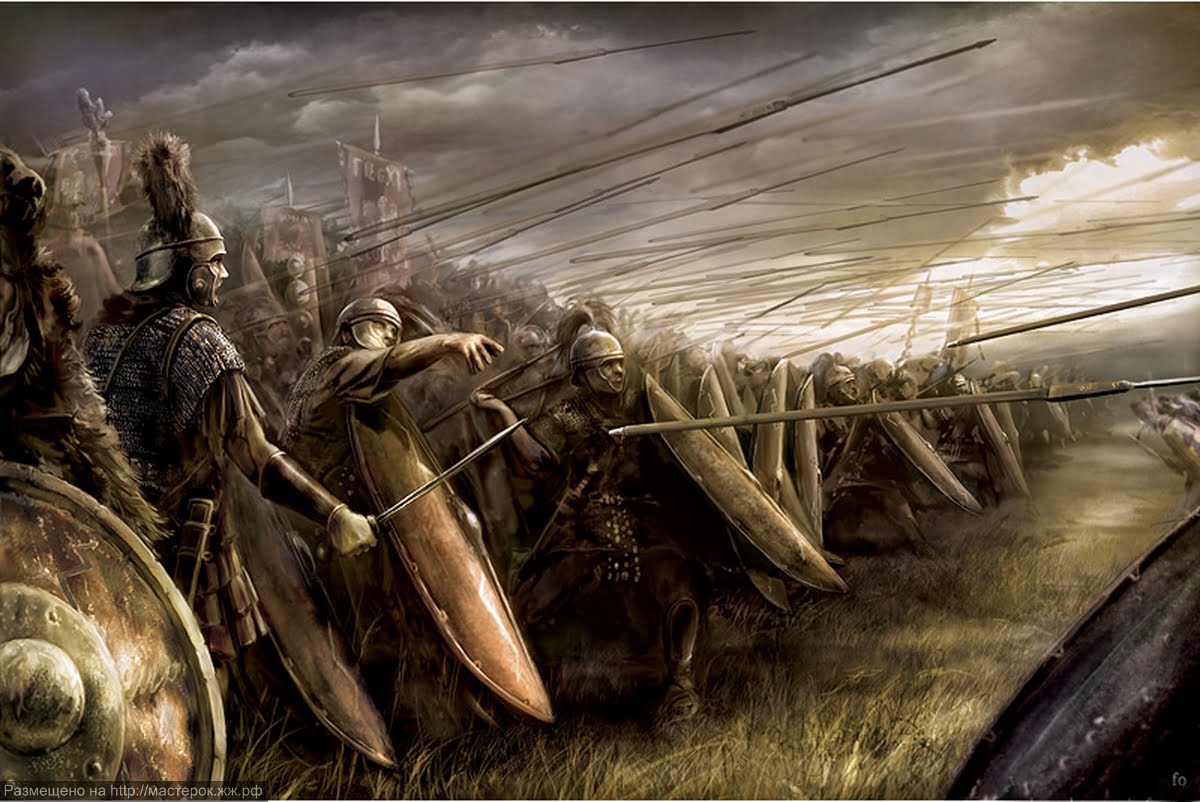
Thanks for reading.





































